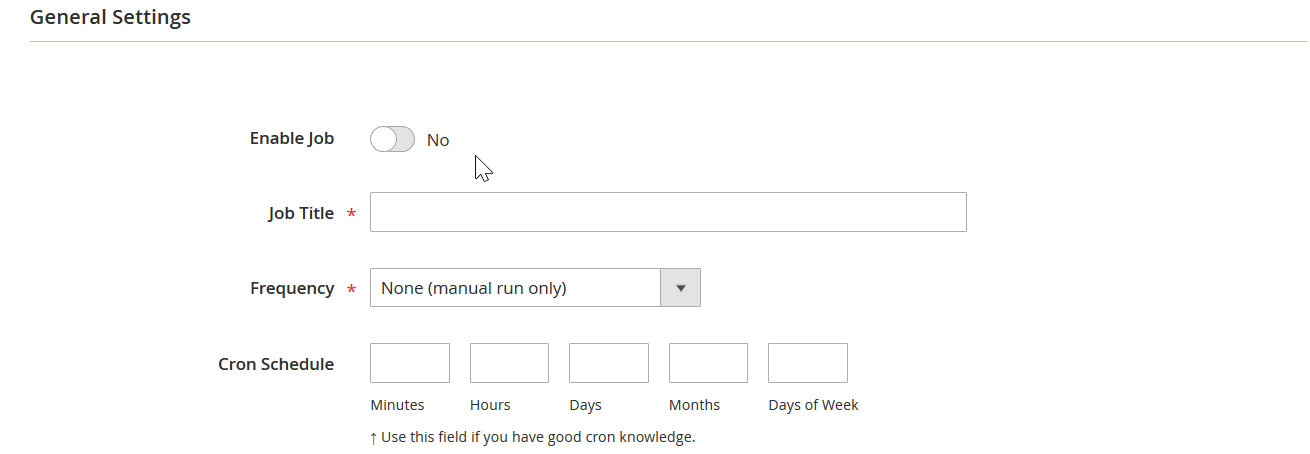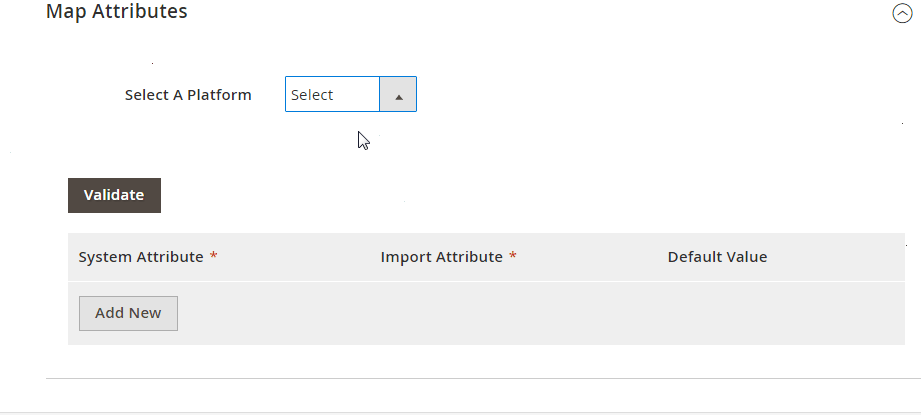How to Export Data to Custom Table in Magento 2

Recently, we described how to import custom CSV files to custom Magento 2 tables. This article is available in our Cookbook, and now it’s time to say a few words about the opposite process – exporting data to a custom table in Magento 2. Since this procedure is impossible by default, you need to learn a tiny trick to complete the procedure. So, how to export data from Magento 2 to a custom file?

Table of contents
How to export data from Magento 2 to a custom file
The fastest and most intuitive way to achieve this goal is associated with the Improved Import & Export Magento 2 extension. It lets you export data from Magento 2 to a custom file due to the following features.
Mapping
First of all, you can map the default Magento 2 attributes and values to any third-party records, creating a custom output your business case requires. But it is not the only feature that enables exporting data from Magento 2 to a custom file.
Filters
You can also use filters to restrict the data you transfer from Magento 2. Thus, you avoid exporting all the information scope the system contains. Instead of this, you create a perfectly tailored export file.
File Formats
While Magento 2 works with CSV files only, the Improved Import & Export provides the ability to transfer data in numerous other formats, including XML, ODS, Excel, and JSON.
As you can see, our module offers three features responsible for exporting data from Magento 2 to a custom file. You get the ability to replace the default Magento 2 attributes with custom records, choose what information to move, and select a file format of your output.
How to Import Custom CSV to Custom Table in Magento 2
Since we’ve mentioned Improved Import & Export, it is also necessary to say a few more words about its other side — the import of custom files. The opportunities associated with this procedure are almost identical to the ones we’ve described above. Even if you are a non-technical user, you will effortlessly implement the new data transfer mechanism.
Our extension lets you import any custom CSV file to Magento 2. Follow these steps to achieve this goal:
- Generate a new import profile;
- Create a schedule of updates;
- Choose an entity to import;
- Set up import behavior;
- Map third-party attributes (ones from your custom file) to Magento 2 records.
With our module, you don’t have to relaunch or recreate import or export processes. Configure a profile once, and it will work for you in the future. Note that customizations are available upon request. Also, follow this link to get more information on how to export data from Magento 2 to a custom file with the help of Improved Import & Export.
Other Features
It is also necessary to describe other core features of our extension.
Custom Data Export Automation
First of all, the Improved Import & Export Magento 2 extension lets you automate data transfers via cron-based schedules or triggers. In the first case, the module transfers data to a custom file according to a predefined plan. In the second case, it launches the export process when certain conditions are met, such as an order status change or new customer registration.

Next, there are a bunch of mapping features. You can either match attributes manually or use presets to create a custom export data file that follows the requirements of an external system.
Besides, it is possible to map attribute values as well as edit them in bulk. You can also match product categories and create missing attributes on the fly.

As we’ve just mentioned, our plugin extends the number of supported file formats. At the same time, it adds a number of third-party sources to transfer information. You can even leverage API connections to export data to a custom table outside Magento 2.
The Improved Import & Export extension allows you to export a custom CSV file from Magento 2 via REST and SOAP API, FTP/SFTP, Dropbox, or direct file upload.
Final Words
The Improved Import & Export extension enables you to export data to a custom table beyond Magento 2. Since you cannot do that by default, the extension represents one of the few third-party modules that enable this functionality for Magento 2. However, our module is more potent than most competitors since it also enables the import of any custom tables and allows for the automation of data transfers.
Last but not least, no programming skills are required to import/export custom data from/to Magento 2 if you use the Improved Import & Export plugin. Follow this link to get more information on our extension and how it addresses the default inability to import/export custom data files:
Get Improved Import & Export Magento 2 Extension









